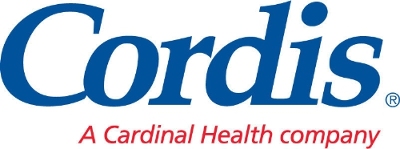How To Choose A Toothbrush and Your Toothpaste
 There are 2 types of toothbrushes to choose from currently, including those of the manual variety or potentially an electric one. With the cost of dental work being fairly high these days it makes sense to focus primarily on oral hygiene with proper brushing.
There are 2 types of toothbrushes to choose from currently, including those of the manual variety or potentially an electric one. With the cost of dental work being fairly high these days it makes sense to focus primarily on oral hygiene with proper brushing.
With regards to the manual version, toothbrushes have made excellent strides. Multiple bristle strengths have made them more comfortable for each user depending on needs. Whether a user desires whiter teeth with firmer bristle action or maybe has sensitive teeth, these needs can be accommodated.
The handles on the newer designs have more ergonomic designs for a more comfortable grip. The cost of a manual toothbrush is significantly lower than an electric version.
Electric toothbrushes, however, have dropped in price substantially over the last 10 years. Now you can find one for under 10 dollars. It may not be the best toothbrush imaginable, but they are available.
People with weaknesses or physical disabilities affecting their upper extremities have an easier time using an electric toothbrush. Older individuals and kids often have an easier time working with an electric toothbrush.
The more expensive electric toothbrushes have options of varying head shapes and bristle strengths. These are interchangeable, since the toothbrush itself is not disposable. There are studies showing that the brush head shape can actually have a substantial impact on keeping teeth clean. The fact that the different brush heads are available often makes the decision for an electric brush an easy one.
It really is a matter of personal preference, as either a manual brush or electric one with regular brushing and flossing will have the same beneficial results.
Research will not tell definitively which is better at preventing plaque.
So as mentioned it will come down to a decision involving cost, ergonomics, convenience, and the way it makes your mouth feel.
Another decision with regards to your oral health is what kind of toothpaste to use. Many common varieties do a poor job of cleaning your teeth, and may actually harm your enamel. A significant amount of toothpastes that supposedly whiten your teeth actually contain a warning that they may stain your teeth. This is because stannous fluoride is contained, which requires a USFDA warning about potential staining. What, a tooth whitening paste that actually stains your teeth? Avoid these varieties.
A better option is to find a toothpaste that has natural compounds that will whiten teeth and target the bacteria in the mouth causing bad breath.
Look for pastes containing zinc, aloe vera, xylitol, chlorhexidine, and sodium fluoride for instance.
Avoid toothpastes containing saccharin, sodium lauryl sulfate, or stannous fluouride, as they can stain teeth and actually feed bacteria rather than kill them.

